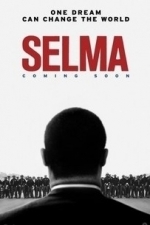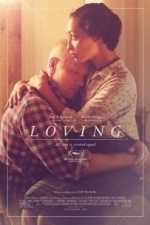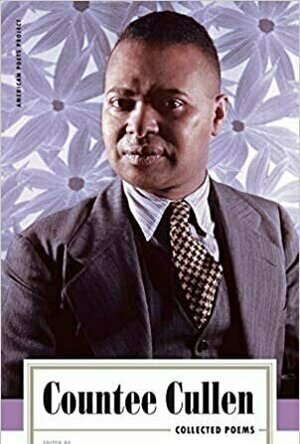
Collected Poems
Book
The American Poets Project series continues with this stunning collection from a major--and...
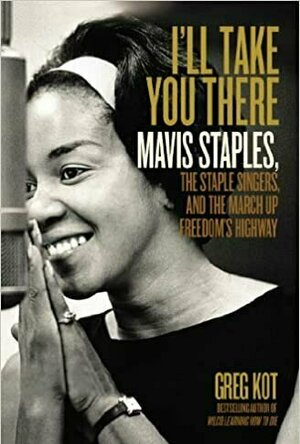
I’ll Take You There Mavis Staples: The Staple Songers, and the March Up Freedom’s Highway
Book
Now in her seventies, Mavis Staples has been a fixture in the music world for decades. One of the...
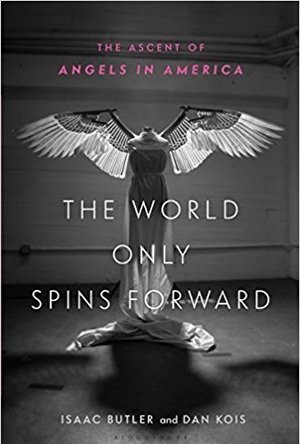
The World Only Spins Forward: The Ascent of Angels in America
Isaac Butler and Dan Kois
Book
When Tony Kushner's Angels in America hit Broadway in 1993, it won the Pulitzer Prize, swept the...
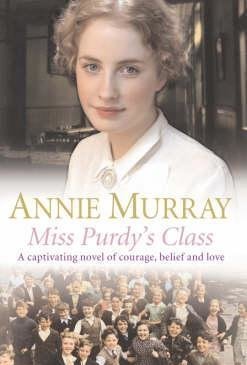
Miss Purdys Class
Book
A tale of hardship and social injustice, Miss Purdy's Class by Annie Murray is a heartfelt saga with...
Gareth von Kallenbach (980 KP) rated Selma (2015) in Movies
Aug 6, 2019
The film does a good job of providing back story of what was happening that brought on the marches. It portrays the horrific brutality of a time when blatant hatred ripped through the soul of the nation.
During the Selma march, peaceful protestors dressed in their Sunday’s best were beaten (even killed) by local police. However, even the most hard to watch moments of violence were toned down in comparison to actual footage from the Selma march.
The visceral moments of raw emotion and terrible violence will give the audience chills
Martin Luther King, Jr. (David Oyelowo) would of course be a hard pair of shoes to fill as an actor. But somehow Oyelowo pulls it off with a passion that shows in his eyes. Even the ways in which Oyelowo delivers his speeches were powerful and moving, much in the way of the real MLK, Jr.
An intriguing part of the film is the attention given to MLK, Jr.’s wife, Coretta Scott King (Carmen Ejogo). She is a less talked about figure in history, but perhaps this will now change. She is shown to be a very strong and intelligent woman, who serves as the backbone to the King family. Her role as wife, mother, and political supporter are highlighted.
The cast selection is top notch, making the film very realistic.
Tom Wilkinson, who plays Lyndon B. Johnson, practically resurrects the late President. His physical appearance and vocals make the actor almost indistinguishable from the real LBJ. .
However, there is some controversy over the historical accuracy of certain aspects of the film. This especially is true in regards to the portrayal of LBJ.
He is portrayed as under pressure to pass legislation in favor of Black voters, but he himself comes off as a racist whose heart is not in the cause. This portrayal paints a picture of a dishonest man, wielding political power to save face. It is contradicting to the more well-known image of the LBJ who actually cared very much about civil rights and poverty.
The Voting Rights Act of 1965 is thought to be his most important piece of legislative work. It was certainly not just a mere political reaction to protestors, though they surely had a strong impact on making it happen.
No one can deny the power of MLK, Jr.’s work. It is a profound historical example of the possibility for political transformation through the will of the people.
Another point of question is whether or not it was JFK or LBJ who originally ordered the FBI surveillance of MLK, Jr. and those associated with him.
A slightly troubling aspect of the film is that it lacks showing any tinge of gender inequality, which was a pervasive part of that era. Also, it was hinted at that MLK, Jr. had infidelity issues. Personally, I had some question as to whether or not this was true, or if it was even a useful piece of information to include. Perhaps it was included to show a more human side to MLK, Jr.
All of these questions aside, “Selma” is an amazing and moving piece of work.
A finely crafted cinematic reflection of a deep and painful scar on American history, I give “Selma” 4.5 out of 5 stars.
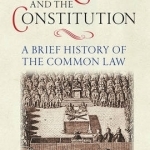
Law, Liberty and the Constitution: A Brief History of the Common Law
Book
Throughout English history the rule of law and the preservation of liberty have been inseparable,...
African American Children in American Political Life: The Literature and Politics of the Impossible
Book
This book explores the ways that figures of Black children and writing for them articulate complex...
Suswatibasu (1703 KP) rated Loving (2016) in Movies
Nov 8, 2017 (Updated Nov 8, 2017)
The plot follows the real case Loving Vs. Virginia, in which a white man marries a black woman in the 1950's. At that time, interracial marriages were deemed illegal under segregation laws, and even the constitution. And in 1958, the couple were arrested after they secretly wed in Washington. They pleaded guilty and were forced to leave the state, banished for 25 years. But five years later, they return vowing to fight for their right to stay with each other, and now their three young children in the place which they call home.
The entire movie is quiet, and it is all conveyed through quite fantastic acting, subtle facial expressions, sounds, cinematography and minimal dialogue. The director makes the portrayal as accurate as possible - even posing scenes from real photographs posted in Life magazine at the time. And the tension from constantly keeping an eye out for authorities is palpable in Joel Edgerton's (Richard Loving) demeanour. It is a rare mainstream film that provokes frustration and rage without resorting to monologues or melodrama.
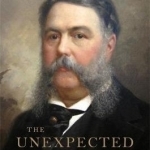
The Unexpected President: Chester A. Arthur--His Life and Times
Book
When President James Garfield was shot, no one in the United States was more dismayed than his Vice...
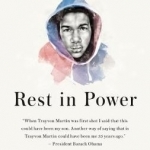
Rest in Power: The Enduring Life of Trayvon Martin
Tracy Martin and Sybrina Fulton
Book
On February 26th 2012 seventeen-year-old Trayvon Martin was walking home with a bag of Skittles and...
